A list of books on mutual aid that will bolster your understanding on how communities can better serve one another in tough times.
When communities come together in support and solidarity, good things happen. We’ve seen it on the news, we’ve heard second-hand accounts (kudos to you if yours is first-hand) and we’ve read it in marvellous books that depict and deploy methods on mutual aid.
In times of crisis—between global pandemics, economic downturns and natural disasters—mutual aid networks are indispensable. These books will help you understand the philosophy behind mutual aid, explore its historical roots and get your own practical toolkit for starting or participating in mutual aid efforts.
Here’s a list of 10 excellent books about mutual aid and building better, stronger communities:
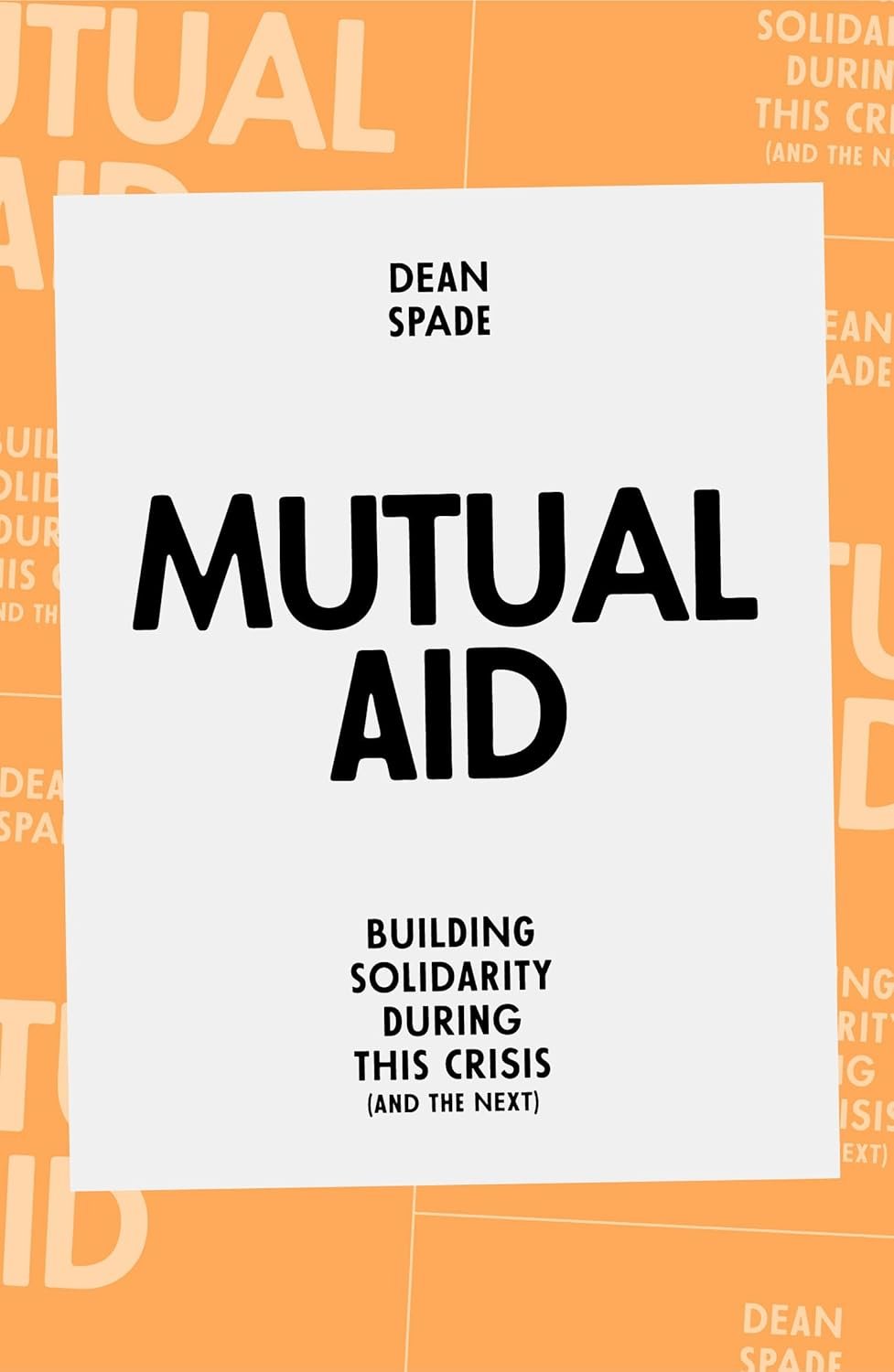
Mutual Aid: Building Solidarity During This Crisis (and the Next)
by Dean Spade
According to lawyer, writer and associate professor Dean Spade, mutual aid has never been more relevant than it is today. In this excellent tool for survival during crises, Spade gives us practical advice on building sustainable support networks.
I first heard of Dean Spade when a friend of mine helped set up a neighborhood mutual aid group during the pandemic. This book gave her the tools, energy and confidence to kick start her idea (despite just giving birth to twins!), and its contemporary ideas and theories is why it sits on the top of our list.
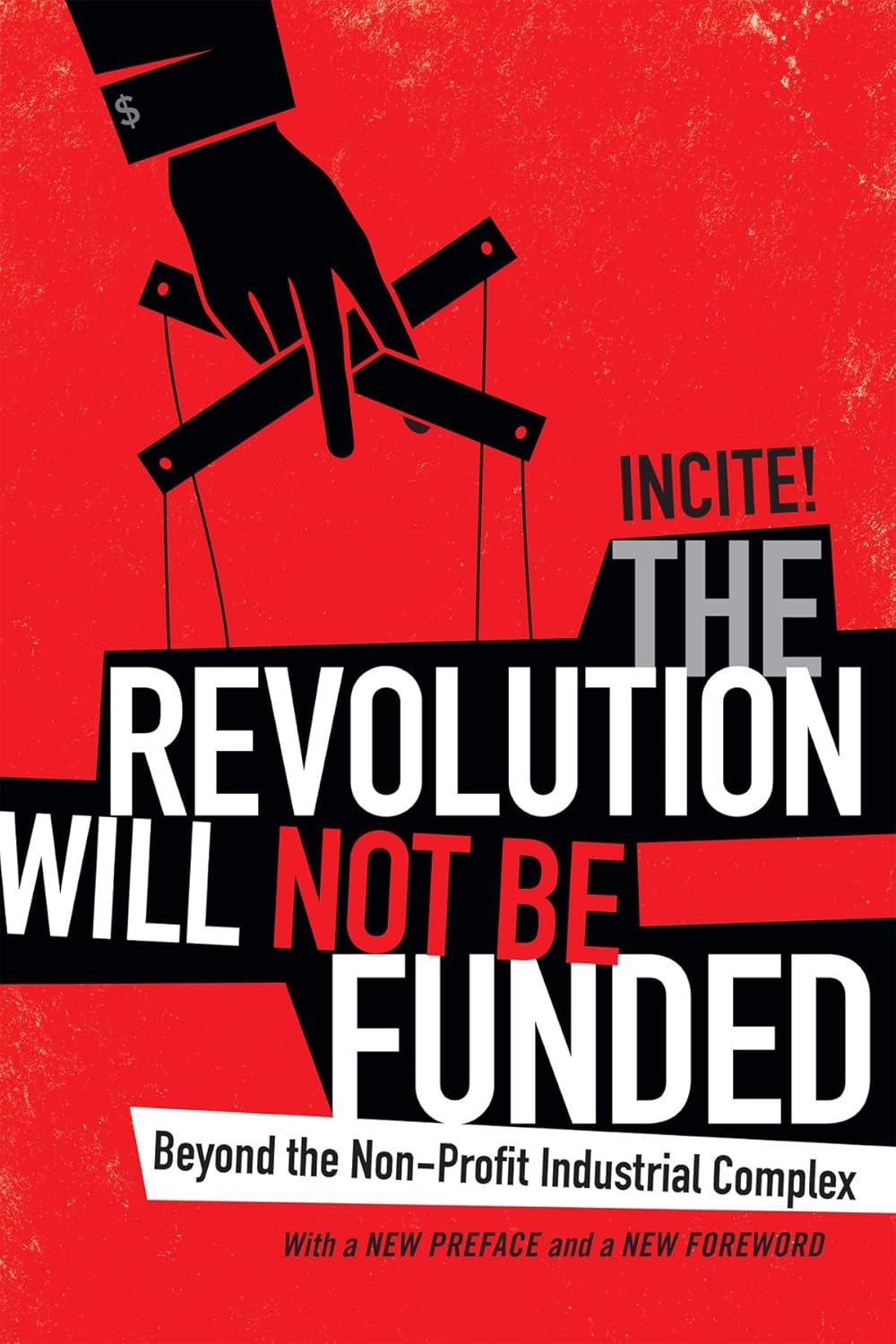
The Revolution Will Not Be Funded: Beyond the Non-Profit Industrial Complex
by INCITE! Women of Color Against Violence
This collection of essays throws a punch at the non-profit system and explains how mutual aid can offer more liberatory alternatives to achieving social change. One powerful takeaway I found is that nonprofits are often constrained by funders’ interests, while mutual aid projects answer directly to the needs of the people.
There’s plenty of criticism about the book’s theories, but as a prompt to question the models and scaffolding in our societies, it is absolutely brilliant—and necessary.
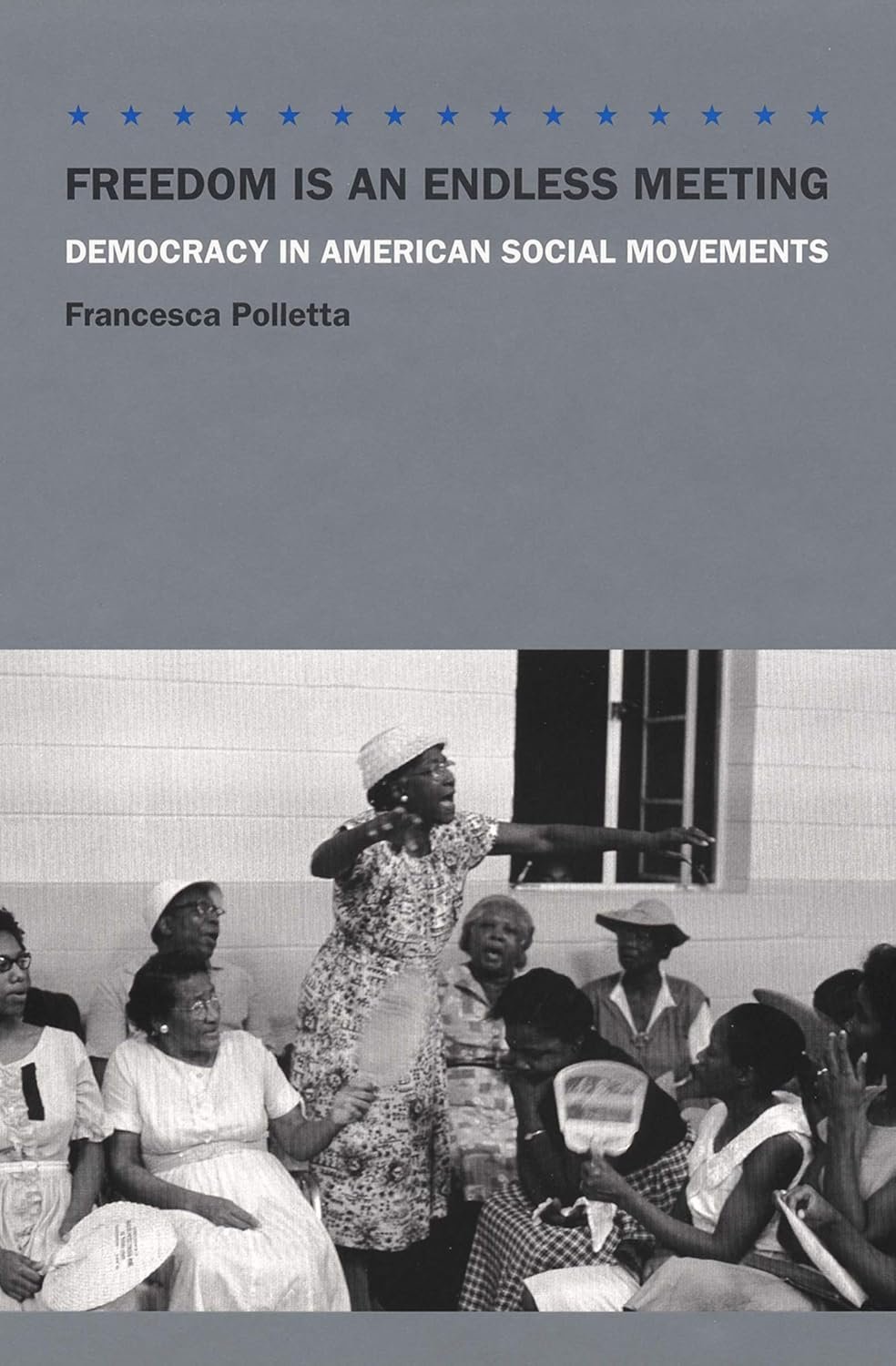
Freedom is an Endless Meeting: Democracy in American Social Movements
by Francesca Polletta
Freedom is an Endless Meeting dives into the history of democratic participation in U.S. social movements, praising mutual aid as a cornerstone of the many activism campaigns since pre-World War II America.
The lessons learned here are practical for anyone looking to understand how grassroots democracy and mutual aid intersect.
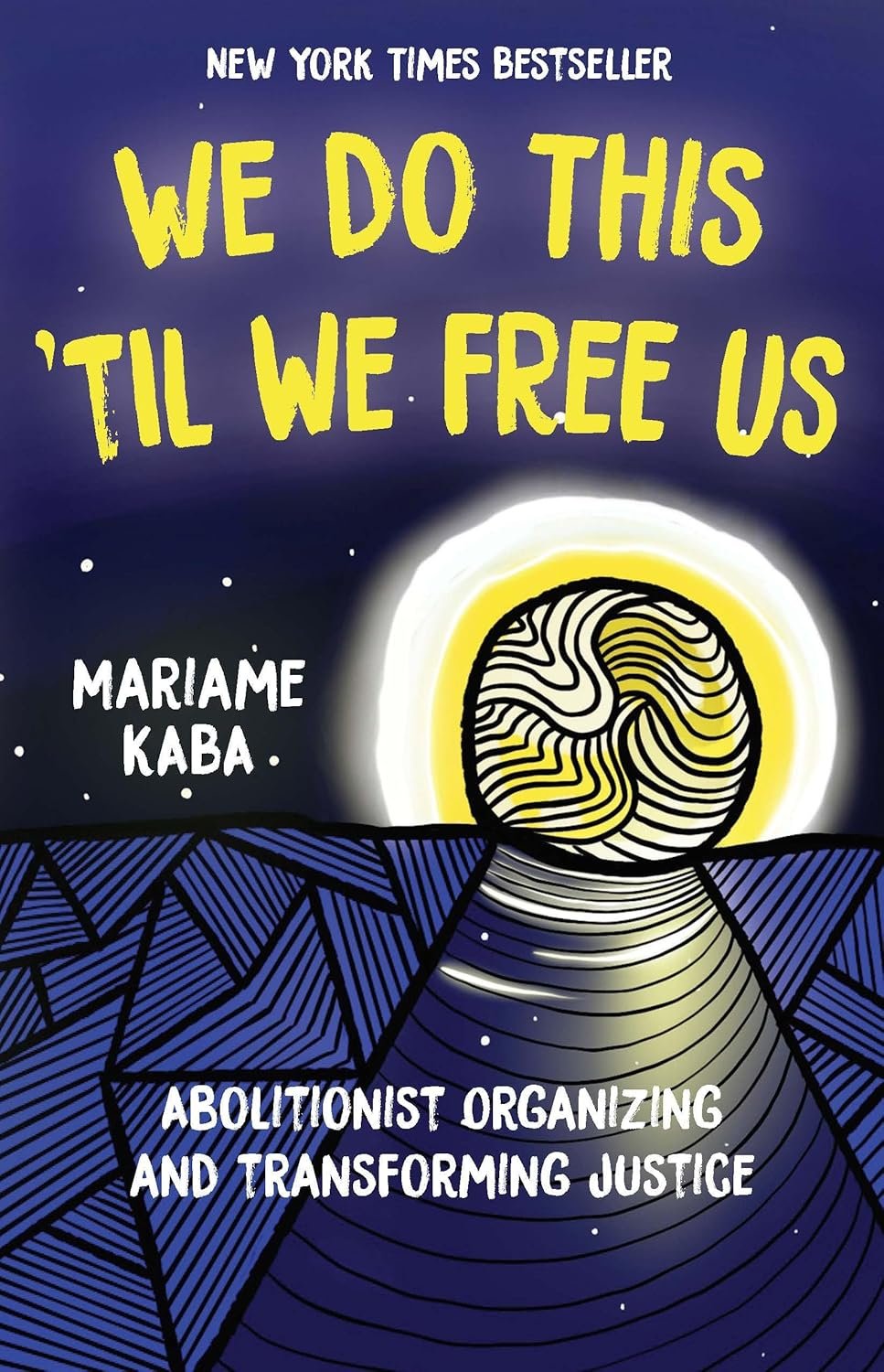
We Do This ’Til We Free Us
by Mariame Kaba
With roots as a librarian and curator, Mariame Kaba is an abolitionist organizer and educator whose work centers on dismantling the prison-industrial complex. This powerful book collects her essays and interviews on transformative justice, mutual aid and the abolition of police and prisons.
I feel like this is the type of book that future generations will highlight as well before its time. What makes We Do This ‘Til We Free Us so impactful is its emphasis on community care and collective responsibility in the modern age. When read with an open mind, it could persuade nearly anyone to rethink how mutual aid could be used to support victims of harm without relying on corrective systems.
Beyond Survival: Strategies and Stories from the Transformative Justice Movement
by Ejeris Dixon and Leah Lakshmi Piepzna-Samarasinha
Here is a powerful collection of stories and strategies from the transformative justice movement, all showing how mutual aid can be used to support communities facing violence.
I think this is an invaluable resource for anyone working in community organizing. I’ve read about it having inspired many LGBTQ+ groups to start their own support systems, who’ve essentially gone rogue over leaning on the traditional structures of non-profits to achieve their missions.
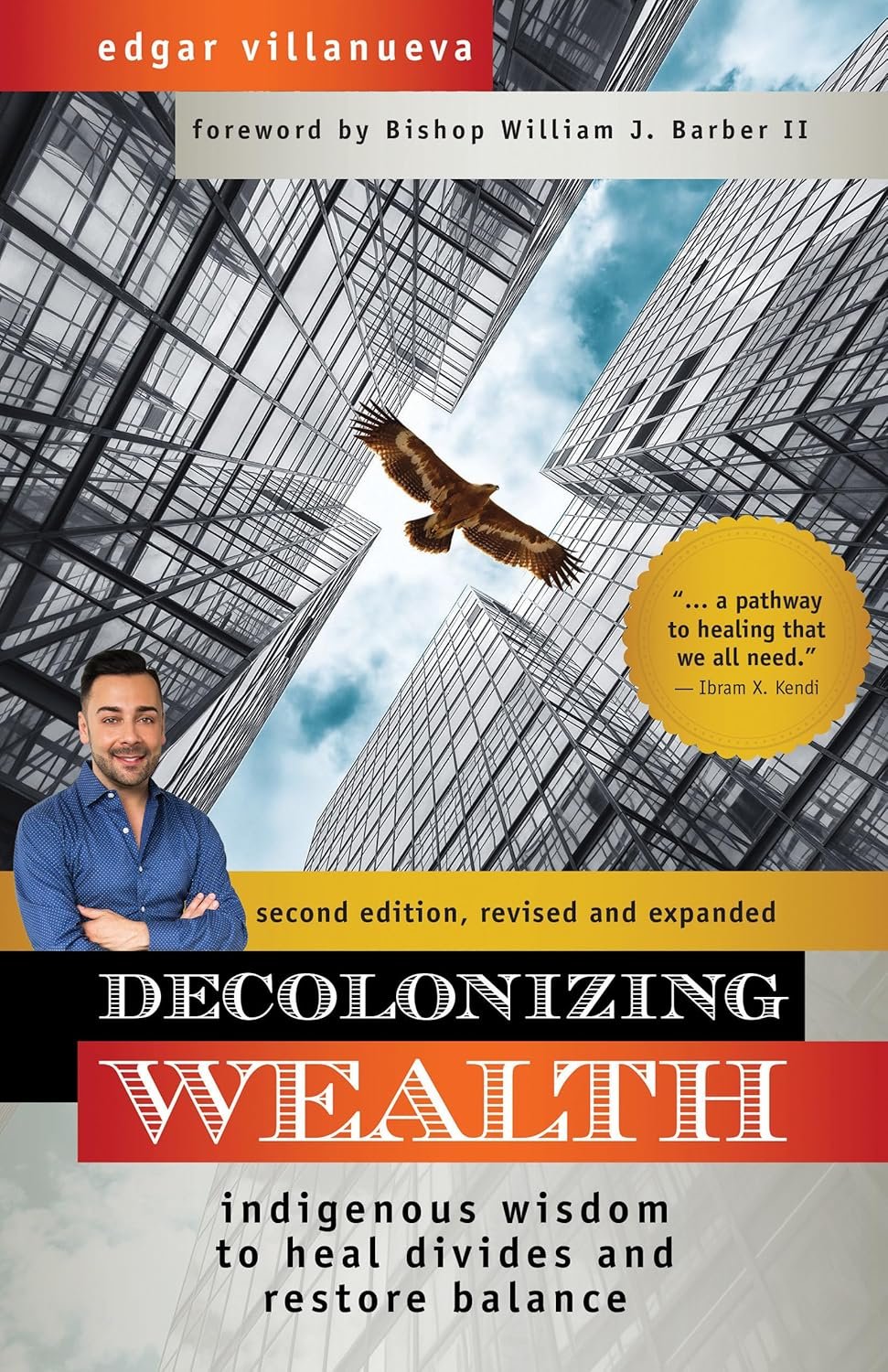
Decolonizing Wealth: Indigenous Wisdom to Heal Divides and Restore Balance
by Edgar Villanueva
Villanueva’s Decolonizing Wealth tackles how financial systems make inequality an inevitability. Villanueva’s own Native American heritage guides the reader towards alternatives rooted in indigenous wisdom and mutual aid, stating that healing is impossible unless everyone is involved.
This book completely changed my opinion of wealth distribution. I’ve always been fascinated with ancient cultures and traditions—both of which are lost in our fast-paced, digital-based society—and the idea of applying indigenous community structures to life today is exciting, refreshing and incredibly logical.
Emergent Strategy: Shaping Change, Changing Worlds
by Adrienne Maree Brown
Emergent Strategy aims to inspire community organizing using the fundamentals of mutual aid. With practical strategies throughout, helping individuals and activists build movements that are sustainable and adaptive, while keeping up with the fast rate of change we see in our societies.
It’s not shy of admitting the challenges faced by those looking to provide community-to-community support, which is why we love it.
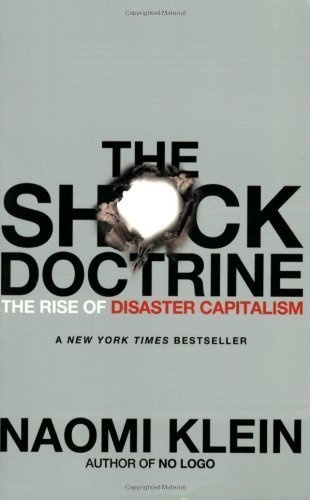
The Shock Doctrine: The Rise of Disaster Capitalism
by Naomi Klein
Okay, while not explicitly about mutual aid, this explosive—and often criticized—book exposes how governments and corporations exploit crises to impose neoliberal policies. From totalitarianism to recent national disasters, Naomi Klein uses a tonne of examples from around the globe and around the clock, giving those with goals in community-led support context of why their work is so crucial. Especially in times of crisis.
Mutual Aid: A Factor of Evolution
by Pyotr Kropotkin
A classic text that laid the groundwork for a lot of modern understanding of mutual aid, Pyotr Kropotkin’s Mutual Aid challenges the Darwinian idea of “survival of the fittest” by showing that cooperation—rather than competition—is a key driver of evolution and societal progress. For decades, this book has been instrumental in shaping anarchist and socialist thought. Consider this essential reading for anyone who wants to understand the philosophical foundation of mutual aid.
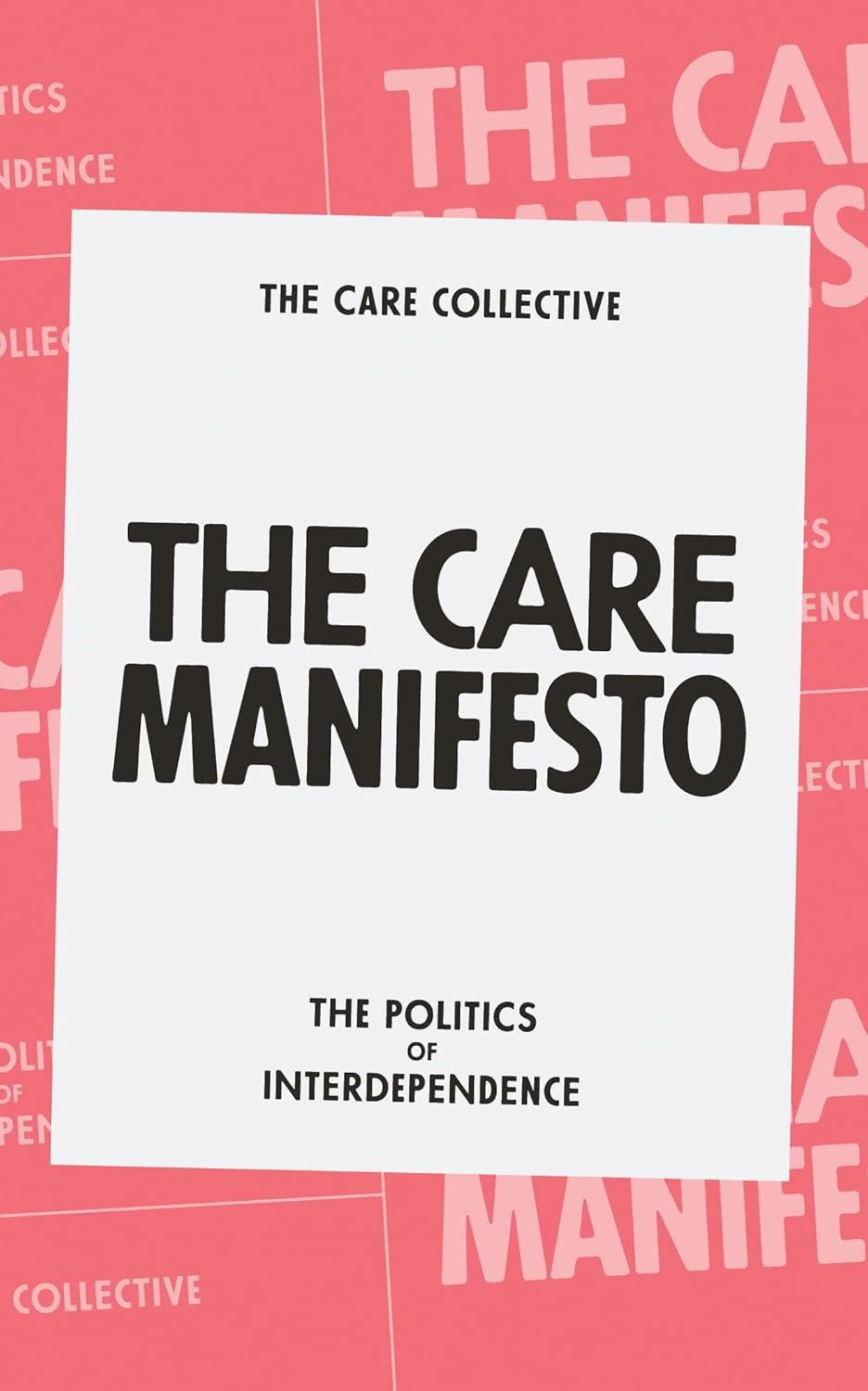
The Care Manifesto: The Politics of Interdependence
by The Care Collective
The Care Manifesto focuses on the politics of care and interdependence, proposing a society where care is prioritized over profit and individualism. While not exclusively about mutual aid, it shares many of its principles, arguing for a world where everyone’s needs are met through collective responsibility. The book calls for the recognition that care should be the organizing principle of our societies, from the personal to the political level.
What did I learn from this book? Care is a political act. And being more mindful of this will help how mutual aid efforts can be successful in modern society.